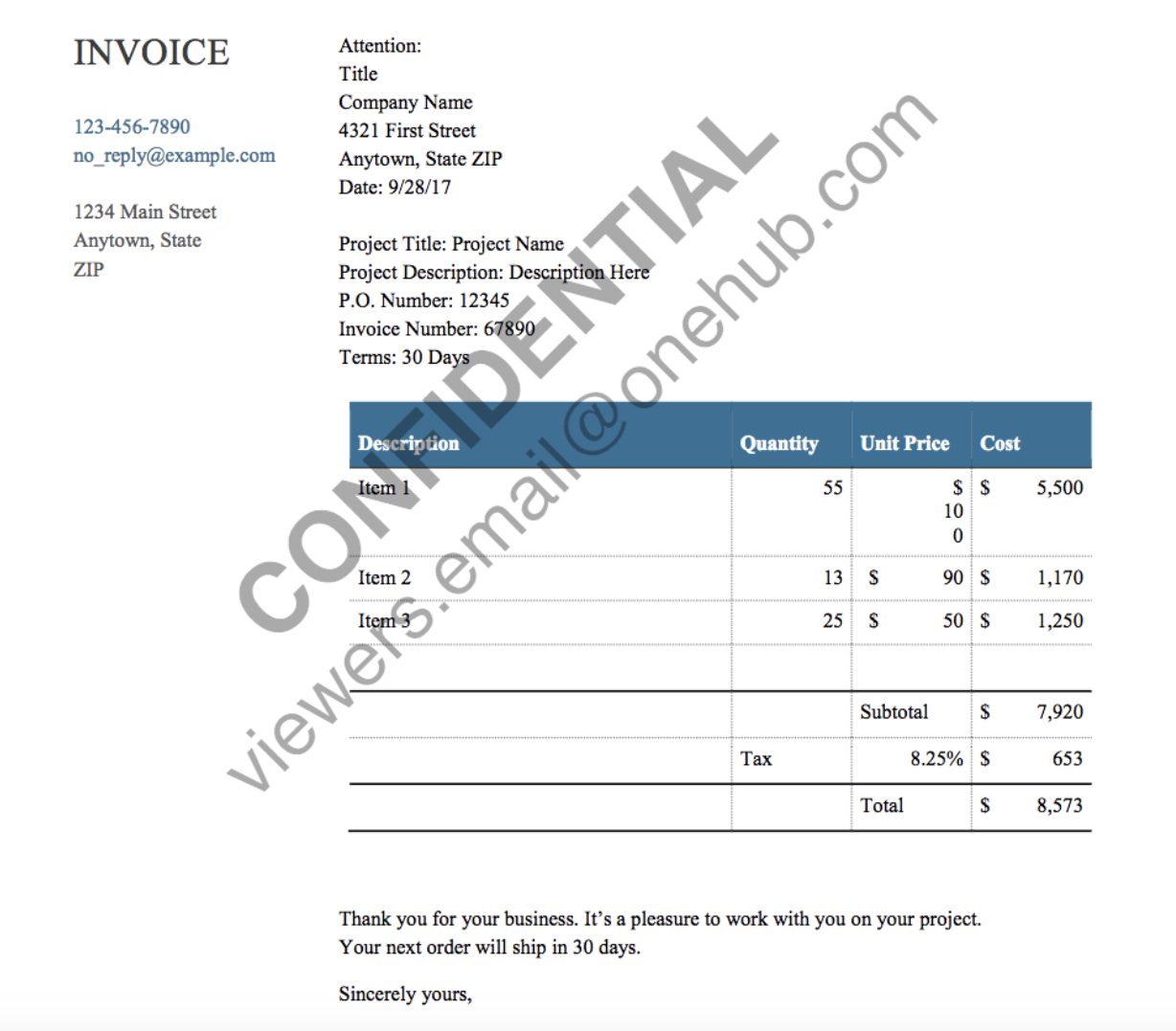Jun 09 ‘23
22 min read
Virtual data rooms have become a game-changer for businesses across industries delivering many benefits. By leveraging the right technology stack, they offer unparalleled security, allowing companies to streamline their financial transactions and create significant efficiencies.
Moreover, introducing virtual data rooms is like a breath of fresh air in a stuffy room — it allows companies to cut away the complicated paperwork and bureaucracy that once bogged them down and gives them the freedom to move forward faster and more securely.
Are there any other reasons business leaders choose virtual data rooms, and what are the main benefits of this solution? Get some valuable insights right now!
Why do companies switch to virtual data rooms?
As businesses continue to grow, so does the need for secure and efficient document storage and sharing. In the past, physical data rooms were the go-to solution for storing critical business information. However, our findings indicate that more and more companies are switching to the digital alternative with the advent of virtual data rooms.
Global accessibility
One of the main reasons companies switch to virtual data rooms is the convenience and accessibility they offer. Unlike physical data rooms, virtual data rooms can be accessed from anywhere in the world at any time. It makes it easier for companies to collaborate with partners, investors and stakeholders across the globe.
Enhanced security
Another reason for the switch is the increased security virtual data rooms offer. With physical alternatives, there is always the risk that documents can be misplaced, stolen or damaged. Secure data rooms, on the other hand, use state-of-the-art encryption technology to protect sensitive information from hackers and cybercriminals.
Efficient collaboration
Also, now businesses can easily and securely manage documents, making collaboration across teams and companies more efficient. You can use group and private chats, facilitate asking and answering with the Q&A module, and set up real-time notifications to update everyone on changes. This way, a virtual deal room helps businesses build trust and enhance strategic partnerships even remotely.
In conclusion, switching to virtual data rooms is a natural evolution for companies looking to streamline operations and protect sensitive information. With their convenience, security and transparency, it’s easy to see why more businesses are transitioning.
Let’s dive deeper into the virtual data room benefits to find out why they are crucial to all M&A transactions and due diligence processes.
A closer look at the TOP 8 benefits of VDRs for business
When a company needs to exchange documents that contain sensitive data, there are some advantages that virtual data rooms have – both over physical data rooms and over non-secure digital file-sharing platforms. This information is particularly relevant for 2024, as virtual data rooms are becoming more popular as a secure tool for storing, sharing, and collaborating on confidential documents.
1. Top-level data security
Virtual data rooms allay all the security concerns that trouble dealmakers during an M&A deal, an initial public offering (IPO), a fundraising round, a due diligence process for a joint venture, or any other transactions that involve sharing sensitive data. VDR security features usually include:
- Robust data encryption in transit and at rest: even if hackers should succeed in accessing data room files, encryption prevents them from gaining access to confidential data.
- Customizable watermarks: users with dubious intentions are discouraged from sharing a file without authorization when they realize every document page is watermarked with their own personal data.
- Remote shred: when the admin revokes a user’s access to the private virtual room, he can also revoke his access to any documents the user has already downloaded to his own device.
Customizable watermarks:

2. Access security
Besides ensuring that documents can’t be shared outside the platform, virtual data rooms also prevent unauthorized people from seeing them inside the platform. Here are some of the features that ensure you grant access to only the people who need it:
Granular user permissions: this ensures only users authorized by the data room admin can view, edit, download or print documents stored in the VDR.
- Two-factor authentication: even if someone should gain access to a user’s device, they won’t be able to log onto the user’s VDR account.
- Time and IP access restriction: to further increase security, the admin can decide to restrict the hours the virtual data room is accessible to a specific user, as well as the IP with which that user logs onto the VDR.
- Fence view: in case there’s the risk an authorized user might want to surreptitiously photograph a document stored in the data room – or the risk anyone could peek over a user’s shoulder and see confidential information on the screen – this viewing mode only allows the user to see a few lines of a document in turn.
- Physical location protection: the best VDR providers protect the physical space where the servers with their clients’ data are located. Measures like restricted access, protection against fire and natural disasters, and backup in a different location, all ensure that stored data cannot be lost or stolen.
3. Accelerated process
As opposed to a physical data room, a VDR significantly cuts down the amount of time needed for any deal or due diligence process. Starting with the preparation and leading to the post-closing integration, data room software speeds up every step of the process.
A physical data room requires dealmakers and other interested parties to spend hours traveling to the secure place where the documents are stored. Then they have to spend a long time examining piles of documents. And the data room administrator has to spend time printing and updating documents.
In contrast, an electronic data room eliminates the need to travel and makes it possible to share and view important documents in a digital format with only a couple of clicks. Besides, many modern VDRs have significant features embedded – such as auto-indexing and full-text searches – that greatly reduce the time users need to organize data room folder structure and find important documents.
4. Reduced operational costs
During preparation and throughout the deal process, businesses incur significant expenses to share information. These include travel and accommodation for both sides, printing and transporting documents, and the cost of maintaining the physical data rooms.
In contrast, the best virtual data rooms are cost-effective solutions. Based on our observations, they not only eliminate the expenses listed above but also help close a deal faster – which means even fewer costs. Instead of spending time and money on dozens of complex steps necessary to share data with external parties, you can pay a single fee for using data room software that takes care of everything.
5. 24/7 communication and support
Virtual data rooms include several tools that optimize the communication process. If dealmakers have any queries, there’s a Q&A section. If they would like to discuss specific points of the deal, the virtual data room provides them with a live discussion area. If the deal involves people who speak different languages, most reputable virtual data rooms provide multi-language support to accommodate them.
When clients need something fixed in their data room, the best VDR providers offer them several options of support. Depending on the VDR provider and the plan you choose, you may have chat, email, or phone support, during business hours or even 24/7.
6. Easy usage
Virtual data rooms vary a lot in appearance and usability. The best data rooms have a clearly understandable interface so that admins and users can quickly learn how to use them. Some data room providers also offer their product as a mobile app, which makes it more accessible for users who are constantly on the move.
Because all the data-sharing process occurs within a single platform, a virtual data room is a much more intuitive and easy-to-use solution for sharing information than email or messaging. There’s no need for users to rifle through past emails or messages trying to find that attached file they missed. There’s no need for the admin to send out new versions to dozens of people every time a document is updated, or manage duplicate requests.
If user-friendliness matters to you, we invite you to look at the best providers in this regard. From ease of use to features and customer service, they have everything you need for the ultimate user experience.
- Ideals. The Ideals virtual data room is built to be easy to use and secure. It comes with industry-leading functionality such as a drag-and-drop feature, advanced search options, 25 file types support, a scroll-through viewer, and mobile apps. All this makes it effortless for business leaders to manage their data and users. Thus, it is evident that Ideals is one of the most intuitive providers based on user ratings.
- Intralinks. Intralinks data room provider offers a user-friendly interface that enables access to data quickly and securely. Its features include automated workflow processes, bulk upload, full-text-search, and Microsoft Office integration, which make the user experience even more efficient.
- SmartRoom. SmartRoom also offers a range of features to ensure its users can manage workspaces without effort. These features include drag-and-drop tools, bulk upload, mobile apps, and Microsoft Office, DocuSign, and Box integrations.
7. Customization
When it comes to data room software, each company has its own needs and expectations. That’s why the best data rooms provide their customers with customizable plans. This way, the customer can find the combination of elements – number of admins and external users, storage space, number of data rooms, duration of the project, etc. – that most suits them.
Regarding customization of the data rooms themselves, some data room providers allow customers to create an easily recognizable virtual space for their company. VDR admins can add their branding logo and colors to their data rooms, making them immediately recognizable by users, and increasing the professionalism of the interface. Drawing on our own experience, data room for startups are especially helpful for early-stage companies striving to attract investors.
8. Control over the data
Some virtual data room providers – but not all of them – allow data room admins to easily create activity reports. For instance, with a few clicks, the data room admin can find out exactly what each user has been doing inside the data room – even down to how many seconds that user spent viewing a specific document page.
This serves a double purpose: on the one hand, it’s one more factor that discourages users from leaking information since afterward the data room admin can easily find out who did it. And secondly, this allows the admin to gauge the interest each bidder or buyer is showing in a deal.
Key takeaways
With its outstanding and lesser-known benefits, a virtual data room is an indispensable assistant for any business. It offers top-notch security, real-time collaboration, simplified data sharing, and automated workflow processes all in one user-friendly workspace. Plus, you can always ask the virtual data room provider for help when you get stuck. It’s like having a personal assistant who knows all the answers!
Category
Data roomsFAQ
A data room improves business efficiency by providing a wide range of virtual data room features such as data security, document management tools, collaboration features, activity tracking capabilities, and expert support.
Yes, a virtual data room is a secure and encrypted document-sharing platform. Files are stored in a safe environment with strict access control measures, ensuring only authorized users can access confidential documents. Besides, virtual data rooms provide additional layers of protection, such as encryption and two-factor authentication.

